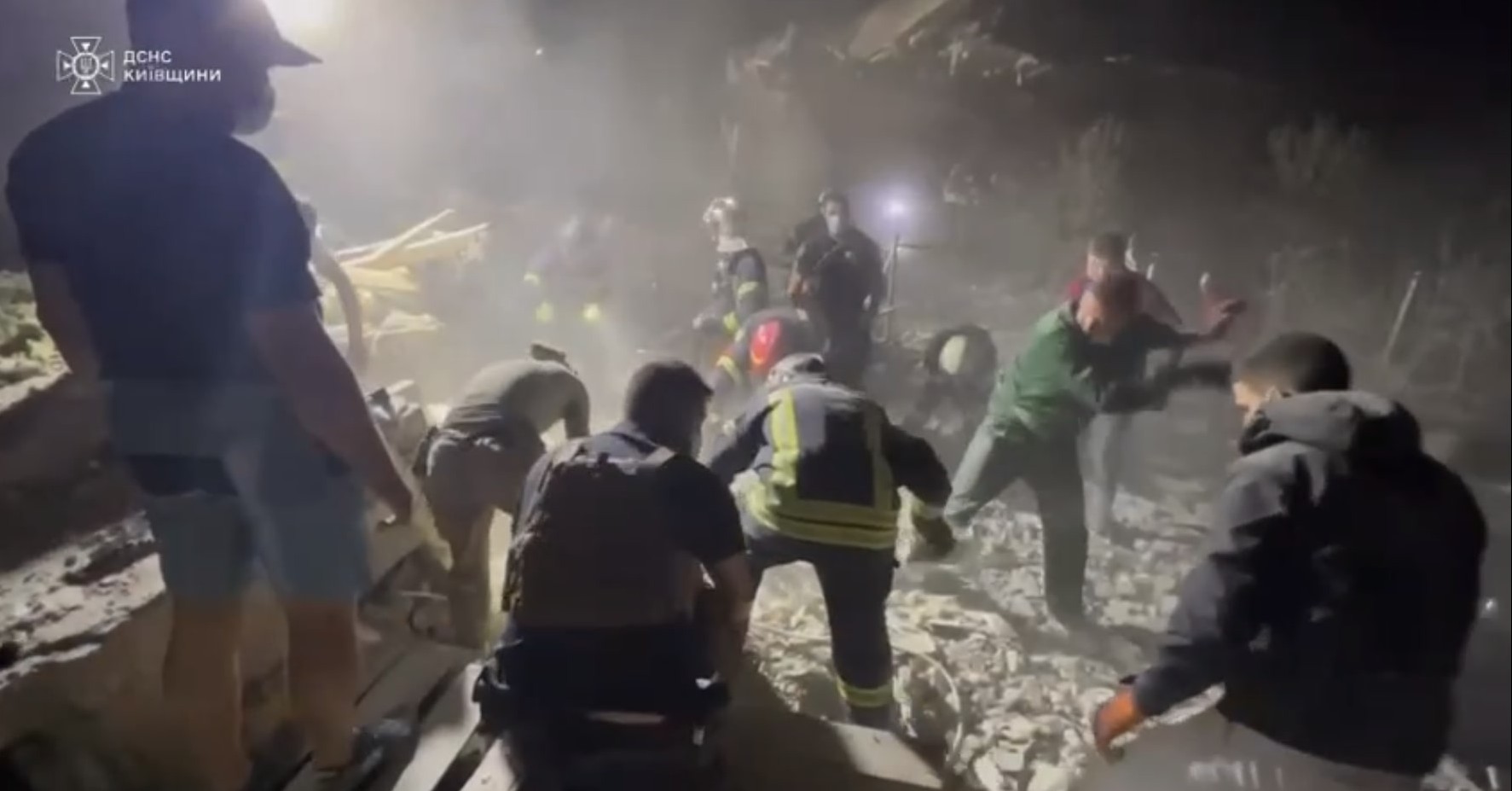Satellite imagery is becoming increasingly crucial in investigating potential Russian war crimes in Ukraine, Euronews reports. European Union Agency for Criminal Justice Cooperation (Eurojust) says investigators are relying heavily on satellite images as they provide "key information, strengthening investigations into core international crimes." The agency currently maintains over 3,000 files related to potential war crimes in Ukraine.
Will Goodhind, an investigator and satellite imagery analyst with Contested Ground, told Euronews Next that satellite images are particularly valuable for establishing attack timelines.
"The images help investigators assess weapon types and determine whether attacks were targeted or indiscriminate," he explained.
Planet Labs, one of the key providers of satellite imagery, operates 15 high-resolution and 200 medium-resolution satellites. According to CEO Will Marshall, their images have been used to investigate mass graves and document the Russian invasion's initial stages.
However, international lawyer Matthew Gillett highlighted several challenges in using satellite evidence. These include restrictions from the International Criminal Court (ICC) or NATO on image use, potential misinterpretation risks, and visibility issues due to cloud or smoke cover.
As of 27 October, Eurojust reported 481 in absentia trials have been conducted.
In 2023, the ICC issued arrest warrants for Russian President Vladimir Putin and children's rights commissioner Maria Lvova-Belova, followed by four more warrants for Russian nationals in 2024.
Related:
- Russians murder two women, shoot at civilian car, Ukrainian prosecutors say
- Russian forces execute two unarmed Ukrainian soldiers at close range in Donetsk Oblast
- ISW: Russian milbloggers glorify execution of Ukrainian POWs, frame them as acceptable warfare
- Russians kill Ukrainian POWs “more frequently,” Kyiv appeals for international action
- Russians execute nine Ukrainian POWs in Kursk Oblast
- Ukrainian journalist Viktoria Roshchyna confirmed dead in Russian captivity
- Russian soldiers execute 3 surrendering Ukrainians, reports Azov Brigade
- Ukraine probes execution of 16 POWs by Russian troops in Pokrovsk sector

